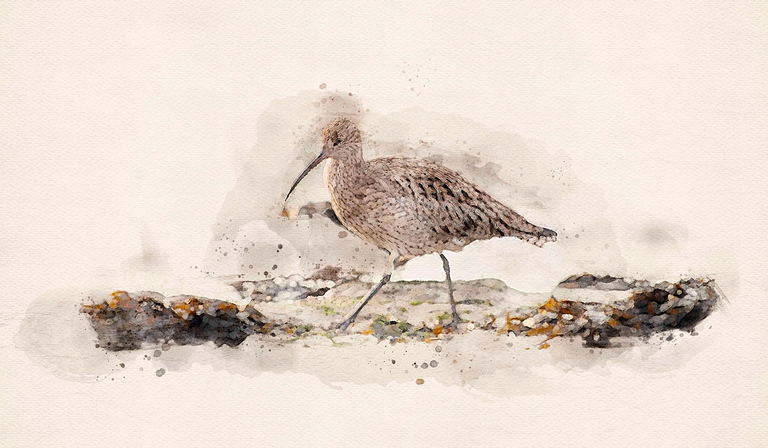If August and September meant two months in Rome for a single work—Britten’s Turn of the Screw, with six weeks of rehearsal and five performances—October has been much more of a mixed bag, with three different programmes in three different places.
First off, a recital of English song with the Belgian Oxalys ensemble in Liège, one of the birthplaces of modern industrial capitalism (steel was apparently invented here, or so I was told). It was mostly Ralph Vaughan Williams, musical master of the pastoral imagination, including two very different VW settings of AE Housman, the peerless poet of lost love and aching nostalgia, the land of lost content. On Wenlock Edge—which starts off stormy and ends with a muted vision of the end of things, “Where Doomsday may thunder and lighten / And little twill matter to one”—is a familiar piece, voice and piano quartet, one I’ve sung a lot. The last time was in Edinburgh in July with Antonio Pappano and members of the LSO; the first time was with the pianist Julius Drake, my friend and companion over 30 years of music making. I sang it the weekend after my father died. Far less known, almost unknown, is the haunting Housman cycle for voice and violin Along the Field. The violinist Marie Hall, who premiered that VW perennial The Lark Ascending (which regularly tops the Classic FM Hall of Fame), first played Along the Field and, with its bare, modal, folk-inflected beauties, it is one of the composer's undiscovered masterpieces.
Most striking of all was Peter Warlock’s The Curlew. The ensemble and I have performed it quite a few times over the past couple of years, but this was the first time we felt we had really nailed it, and it had something to do with the acoustic, which was the opposite of dry. As a result, the silences and extraordinary quiet passages of ensemble playing (it’s written for string quartet, flute and cor anglais) had the space to resonate, resound and expand, rather than stopping dead. For the first time, I was really able to whisper, rather than intone, Yeats’s desolate words, “The boughs have withered because I have told them my dreams”.
Warlock is a strange figure in English music, a pseudonym for the musicologist Philip Heseltine who wrote a treasure trove of songs—melodic, sophisticated, brilliant—and the evergreen Capriol Suite, a collection of supposedly Renaissance dances (many of the tunes were of Warlock’s invention) arranged for orchestra. The Curlew is something very different, a profoundly melancholic depiction of disappointed love, of disappointed life. It is one of the greatest works of the 20th-century English song renaissance but, in my experience at least, a hard piece to bring off. This time the audience were seized and, as we finished, silent, dumbstruck.
♦♦♦
Next up was a recital of settings of Friedrich Rückert by Schubert, Clara Schumann and Gustav Mahler, arranged for the Oberon piano trio. We played at a festival founded by the great German baritone Hermann Prey (the definitive Figaro of the 1960s and 1970s, both Mozart’s and Rossini’s) in a small spa town in south Germany, Bad Urach, sometime seat of the wonderfully named Eberhard the Bearded, who married a member of the Mantuan Gonzaga family in 1474. (I was in Mantua in the Gonzaga palace earlier this year—odd how my itinerary maps these historical connections). The concert ended with Mahler’s “Ich bin der Welt abhanden gekommen” (“I am lost to the world”), after which no encore is possible.
♦♦♦
I went on to Barcelona, partly to sing songs—Schubert and Britten—in the Hospital Sant Pau, a building from the Catalan Art Nouveau, and just as magnificent as those other Barcelona architectural marvels, the Palau de la Música (same architect, Lluís Domènech i Montaner) and the Sagrada Familia (Gaudí’s masterpiece). The concert was part of a series to honour the memory of the great Spanish mezzo Victoria de los Ángeles, a singer of infinite grace and charm, whether of Schubert, Mozart, Bizet or de Falla.
But I also came to launch the Spanish translation of a book I published a couple of years ago, out of some lectures at the University of Chicago, Song and Self. It’s one of those titles that doesn’t tell you a lot until you read the book; but it’s strange how the foreign editions have all gone for something very different. In German, the rather Freudian Das Lied und das Ich. In Italian, the more playful Io, canto. And in Spanish, the thoughtful Pensar y cantar.
♦♦♦
Thinking about singing… next week, I set off to give lectures about Britten at Bard College in upstate New York. Annandale-on-Hudson will be a riot of autumn leaves. I have my visa (a long and expensive process) and it will be fascinating to see how the US has changed since my last visit at the beginning of the year. More anon.













